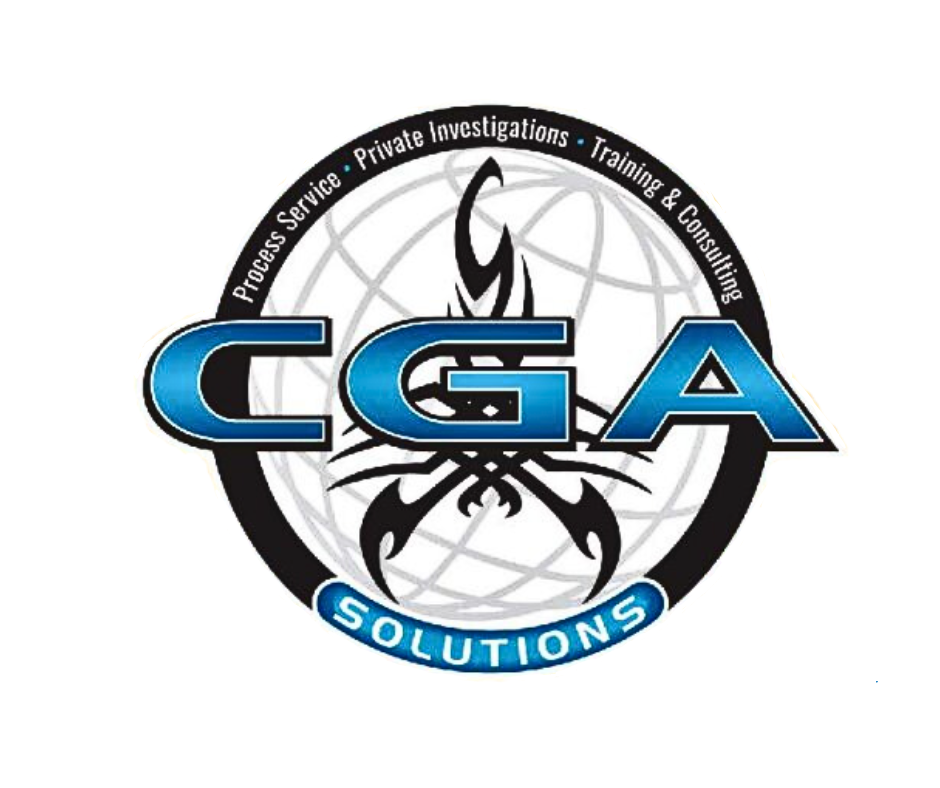Best Practices for Interacting with Law Enforcement During an Investigation
When it comes to interacting with law enforcement, it helps to know the best practices to aid the police in solving your case as soon as possible. Having to report a crime, missing person, or an identity theft is something we all hope we will never have to do. But it can happen to anyone.
[RELATED: Signs of Identity Fraud]
While you cannot always avoid being unintentionally a part of an investigation, you can be prepared for what to expect. Knowing how to best interact with law enforcement in an investigation can help minimize mishandlings and downtime in solving the case.
 Reporting A Crime to Law Enforcement
Reporting A Crime to Law Enforcement
The first step in interacting with the police will likely be reporting the crime or incident that has occurred. The best practice is to report the incident as soon as possible, as the details can potentially be muddled or forgotten as time goes by.
Writing is one of the most effective ways to retain information, so it may also help to write down what you remember and any other information that could be useful to law enforcement
Always be respectful, polite, and courteous when speaking with law enforcement. Stay calm and collected so that you can relay the details of the incident as thoroughly as possible. If you are certain or uncertain about your recount of events, be sure to let them know so they can separate the facts from ambiguous leads.
Even small details, which might not seem relevant at the time, have the potential to aid law enforcement in solving your case. If the detail is almost certainly factual, then do not be afraid to provide as many details as you can. Providing too much is better than providing too little.
Staying Involved in the Investigation
Depending on your proximity to the investigation, you may only speak with the police once when you report the crime. If you are a close friend or loved one to the victim, investigators may ask you to stay involved to aid them in the investigation.
Be sure to give officers accurate and up-to-date contact information, as well as backup numbers if possible, in case the police reach out for further information. You do not need to contact them unless you have additional information that would aid the case.
When a loved one is the victim in an investigation, it’s natural to want answers immediately, but complex investigations can take time. Be patient, trust the law enforcement officers to do their jobs, and be careful not to get in the way of the investigation. If you are the victim in the case, again, be patient. You may call to follow up on the progress, but keep these calls to a minimum.
If you want more time and focus put onto your case, excessive calls will not speed up the process. Consider hiring a private investigator to help move the case along.
 Never Lie or Give False Information to Law Enforcement
Never Lie or Give False Information to Law Enforcement
When interacting with law enforcement over the course of an investigation, it’s important to be careful not to relay any false or misleading information. The Fifth Amendment of the United States Constitution gives you the right to remain silent when speaking to law enforcement. This protects you from self-incrimination.
Therefore, you have the right to withhold information which you do not wish to share with the police. However, you do not have the right to lie to law enforcement, and lying to the police can even result in criminal charges.
If you have trouble remembering the exact details of what happened, be honest with law enforcement that you are uncertain, but do the best you can. There is no need to lie to the officers or fill in the cracks with assumptions. This can negatively affect the investigation or make you look like a suspect if your recount of events are not true.
If You Want More Attention on a Case, Look to Hire a Private Investigator
If you’ve been working with the police on your case for a while, but haven’t come up with any answers, consider hiring an additional investigator to help work on your case. Licensed private investigators can aid the police in an investigation.
Collecting evidence, interviewing victims, witnesses, and suspects, and mapping out the details of a crime is an extremely difficult task. Law enforcement detectives work hard on their cases, but they are often dealing with several other complex cases at any given time.
If you are looking to have more time and attention dedicated to your case, consider hiring a private investigator. In cases involving missing persons, identity theft, and suspicious deaths, a licensed private investigator can help speed up an investigation and also act as a second pair of eyes, making sure no details were missed.
Contact CGA Solutions for a Free Consultation
If you’re looking for extra assistance with your case to aid law enforcement in finding the answers, a private investigation company like CGA Solutions can help. We are licensed in Georgia and South Carolina, but we provide PI consulting nationwide. For more information, contact CGA Solutions today for a free, confidential consultation.







